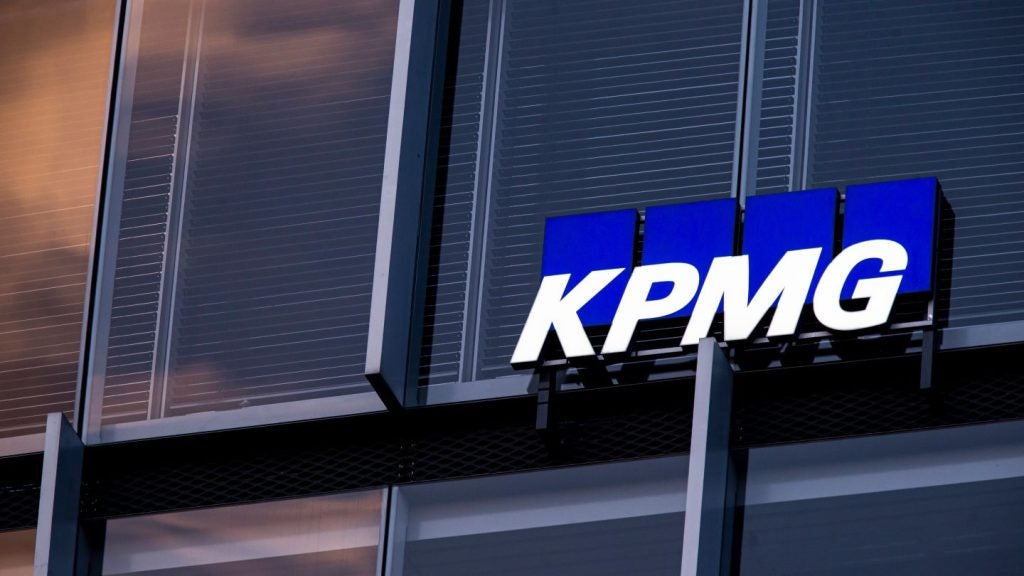
Over a third (39%) of UK middle market businesses have experienced supply chain issues within the past 12 months. RSM UK’s ‘The Real Economy’ report shows this looks set to continue as disruption continues.
According to the report, the pandemic, war in Ukraine, aftermath of Brexit, and soaring cost of energy and manufacturing materials have combined to hit the bottom line of many middle market businesses. The resignation of the UK Prime Minister is likely to contribute to uncertainty for businesses too.
Research showed unanticipated supply chain issues led to 44% of middle market businesses experiencing significant increases in their operating costs, and 42% said they have seen their profits decline.
The main driver of supply chain issues was said by 34% of business leaders to be the pandemic, and 18% blamed Brexit. Other reasons included increased shipping costs, cited by 16% of respondents, 12% said events in Ukraine, and 10% cited increased competition for scarce resources.
The top five supply chain issues currently being experienced include delays with orders (48%), increasing costs (46%), missed deadlines (37%), orders not fulfilled (35%), and poor communication from suppliers (34%).
RSM UK lead international partner Simon Hart said: “The first supply chain shocks, mainly from coronavirus related chaos, were most acutely seen in advanced microchips, semi-conductors and high-end consumer goods.
“But now we have a more general supply chain issue affecting basic necessities too, and this is when the supply challenges really start to bite.
“Add to this the impact of generally higher transportation costs and customs and duty requirements at the borders, with the ongoing geopolitical landscape not improving for the foreseeable future, it’s very likely prices will continue to rise.”
Of middle market businesses surveyed, 63% said their supply chain issues were also causing problems for their downstream customers. Delays in fulfilling their customers’ orders were reported by 53%, and 43% had increased the price of their goods significantly. Some orders were not fulfilled at all according to 33% of businesses.
To attempt to address these problems, in the past year, 42% of businesses have increased the number of suppliers they use, 33% have nearshored the supply chain, and 41% are considering nearshoring within the next 12 months.
Hart concluded: “Good supply chain management is not just about dealing with and knowing your suppliers; it’s about monitoring them, and working with them to mitigate pinch points, delays and contractual issues with the primary supplier and, critically, their suppliers too.
“The issues we are seeing now gives insight into how many businesses were not adequately ready to cushion against the global supply shocks.
“This is clearly not just a UK issue but very much a similar story across other advanced economies and going forward the global ‘just in time’ supply methodology might require a rethink.”
The research was carried out by The Harris Poll for RSM, collecting data from 412 senior executives from UK middle market businesses and financial institutions between 4 April and 26 April 2022. Middle market businesses were defined as companies with turnover between £10m ($11.8m) and £750m, and financial institutions had assets under management of £200m to £7.5bn.






